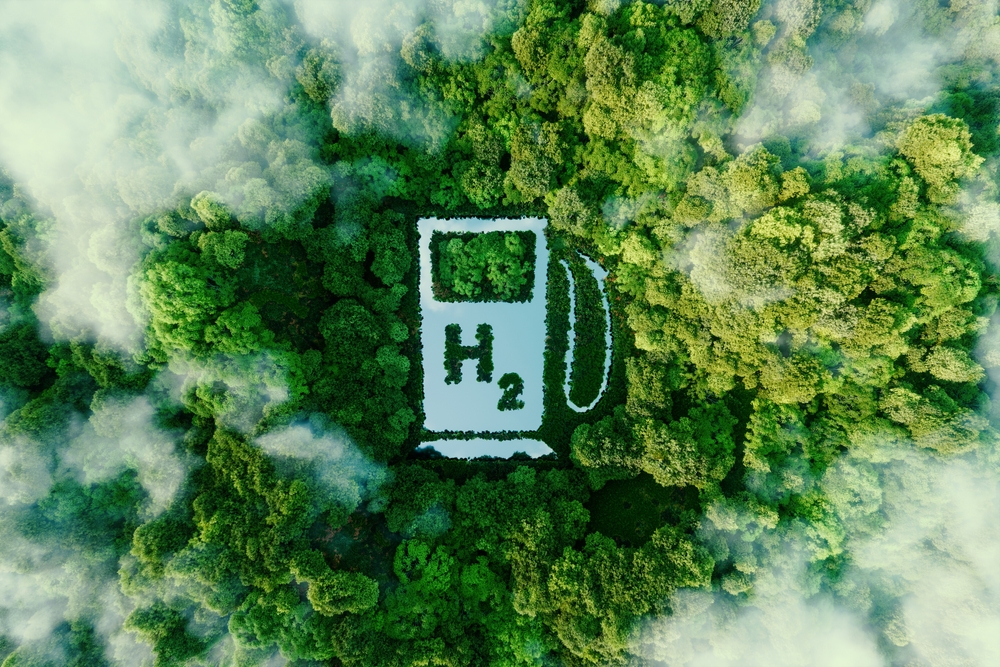Unmasking the Power and Potential of Hydrogen Fuel Cell Vehicles
The dawn of the Hydrogen Fuel Cell Vehicle (HFCV) era is upon us. As the auto industry grapples with the urgent need for sustainable and efficient alternatives to fossil fuels, HFCVs offer a promising solution. This article delves into the rich history, cutting-edge technology, and the future prospects of hydrogen fuel cell vehicles.

A Glimpse into the Past: The Genesis of Hydrogen Fuel Cell Vehicles
The concept of hydrogen as a fuel source dates back to the 19th century, when scientist William Grove developed the first fuel cell. However, it wasn’t until the 1960s that General Motors introduced the first hydrogen-powered vehicle prototype, the Electrovan. Despite its impressive technology, the Electrovan was deemed impractical due to the lack of hydrogen infrastructure. But the seed was planted, and the quest for perfecting hydrogen fuel technology had begun.
Hydrogen Fuel Cell Technology: The Mechanics Explained
Unlike traditional combustion engines, HFCVs use a process called electrolysis to generate power. In simple terms, the fuel cell combines hydrogen and oxygen to produce electricity, with water and heat as the only by-products. This makes HFCVs remarkably eco-friendly. However, storing hydrogen safely and creating the infrastructure for hydrogen refueling are significant challenges that the industry still grapples with.
The Current Landscape: HFCVs Gaining Momentum
In recent years, the automotive industry has seen a renewed interest in HFCVs. Companies like Toyota, Hyundai, and Honda have launched hydrogen fuel cell vehicles, signaling a shift in industry focus. Governments worldwide are also playing a key role in promoting HFCVs by investing in hydrogen infrastructure and offering incentives for consumers.
The Impact: Pros and Cons of HFCVs
HFCVs bring several benefits to the table - zero emissions, rapid refueling, and high energy efficiency. They also offer a promising alternative to battery electric vehicles, which have limitations in range and charging time. However, challenges persist in the form of high production costs and lack of refueling infrastructure.
The Road Ahead: Future Prospects for Hydrogen Fuel Cell Vehicles
The future of HFCVs looks promising, albeit uncertain. As technology evolves, production costs are expected to drop, and hydrogen infrastructure is likely to expand. Furthermore, the push for green energy solutions is driving research in this field, hinting at a future where HFCVs play a significant role in sustainable transportation.
In conclusion, Hydrogen Fuel Cell Vehicles, while not a perfect solution, represent a promising pathway towards sustainable transportation. As the world grapples with the urgent need to reduce carbon emissions, the potential of hydrogen as a clean, efficient fuel source cannot be ignored. The journey ahead is undoubtedly challenging, but with continued research and innovation, the era of HFCVs could well be on the horizon.




